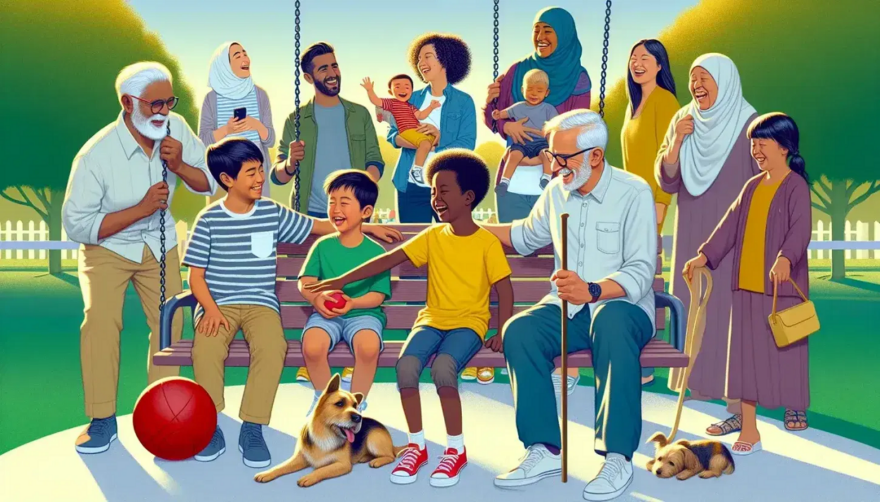The courts and grandparents rights
Getting information on grandparents custody cases
March 28, 2011Do Grandparents have visitation rights?
April 1, 2011 The courts take certain factors into account when dealing with grandparents rights cases. Although courts vary from state to state there are general consistencies on what courts and judges consider before awarding grandparents rights.
The courts take certain factors into account when dealing with grandparents rights cases. Although courts vary from state to state there are general consistencies on what courts and judges consider before awarding grandparents rights.
Here is a summary of some of the factors a court considers when it decides whether or not grandparents visitation or custody is in the best interest of the child. I go into much greater detail about these factors in my book No Greater Loss.
The existing relationship between the grandparent and the child.
It is up to the grandparent to prove that there clearly exists a strong relationship between the child and the grandparent and that its interruption would be against the best interests of the child. You will have to able to prove you play an integral role in your grandchild’s life and that cutting you out of that role is against the best interest of the child.
The intentions of the grandparents in filing the suit.
No grandparent should go to court on a visitation of custody suit with the intent of striking back at their own children for family disagreements or conflict. You must keep in mind that the courts will look unfavorably on your suit if it appears you are only brining the case to court in an effort to impose your will on your grandchildren’s parents.
The relationship between each the child’s parents or guardians and the grandparents.
The relationship you have with your own children (or the child’s guardian) will be considered by the court. If the case has reached the courtroom level then the judge will expect some animosity or bad feelings between the interested parties, so that in and of itself is not necessarily going to be a reason the courts decide against you.
The time that has elapsed since the grandparents last had visitation with the child.
If it has been a long time since you last tried to visit with your grandchildren it will hurt your argument that your relationship with them is vital and important in the child’s life.
The arrangements already made if the parents are divorced.
Timing of agreements is important. Your best chance at having visitation rights is if they are stated in the separation agreement and that normally becomes part of the divorce decree.
Any history of abuse (physical, sexual or emotional) or neglect on the part of the grandparent.
Gaining grandparents visitation and/or custody becomes much harder if there is any evidence to show abuse or neglect of child (any child) on your part.
Any history of abuse (physical, sexual or emotional) or neglect on the part of the parent.
Conversely if there is any indication or evidence that the parent of the child is abusive or neglectful you will need to use that in court to prove the parent unfit.



